According to statistics from the Federal Aviation Administration (FAA), reports of uncooperative airline passengers dropped by 74% after a federal court set down Biden’s mask mandate.
The Biden administration’s transportation mask requirement was invalidated which was till April 18 by Judge Kathryn Kimball Mizelle, who was appointed by former President Donald Trump. While total weekly flights remained consistent throughout 2022, the number of unruly passengers peaked at 6,4 in the last weeks of the mandate before plunging to the current level of 1,7; according to the FAA, there were 2.2 or fewer unruly passengers each week for the rest of the year.
According to FAA statistics, there were 2,178 disruptive passengers as of November 1, 2022, compared to 87 by mid-December 2019.
“Following the rapid increase in incidents in late 2020, the FAA initiated a Zero-Tolerance Policy against unruly passengers,” an FAA spokesman told the DCNF. “This increase was happening before the transportation mask mandate was put into place. The rate began falling before the mask mandate was removed and has continued to drop thanks to the agency’s Zero-Tolerance Policy, PSAs, partnerships with the FBI & TSA, and other efforts.”
According to RealClear Investigations, the Biden administration continues to fight in court to maintain the mask rule despite the apparent connection between it and disorderly conduct on airplanes.
“It’s about increasing the power of the federal government as well as people who are not elected, and it’s not a partisan issue. They all want more power and are getting it through these emergencies,” Leslie Manookian, president of the Health Freedom Defense Fund, which filed the lawsuit against the mask mandate, told RealClear.
According to the Association of Flight Attendants, in 2021, 85 percent of disruptive passenger occurrences featured masks, compared to 58 percent of using drinks.





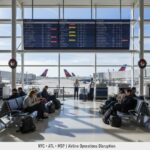



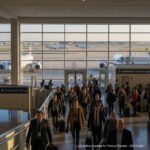
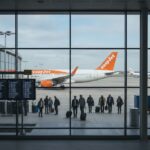




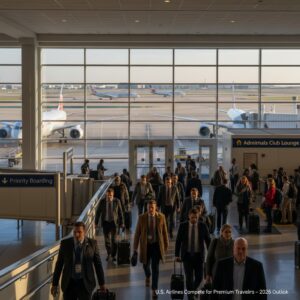
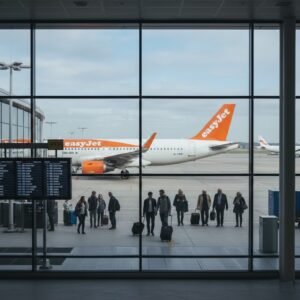

More Stories
Toronto Tourism Smashes Records: 28.2M Visitors Power $13.5B Economy
US Airlines Battle for 2026 Skies: Premium Profits Soar
EasyJet Stealth Expansion New UK Routes to Rome, Lisbon, Bari for 2026